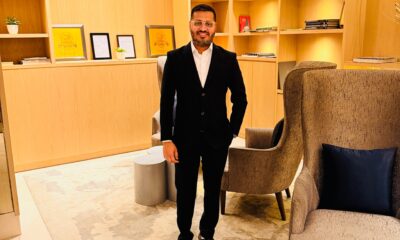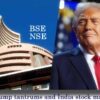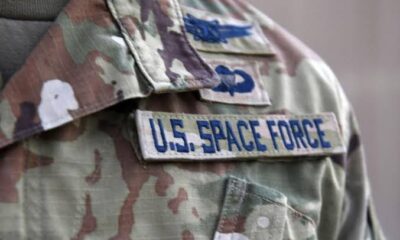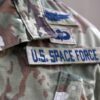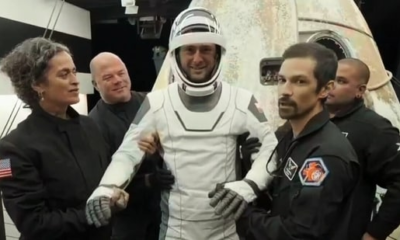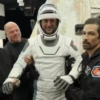UN Watchdog Chief Warns Iran ‘Not Far’ from Nuclear Weapon as Tensions Mount
The head of the United Nations’ nuclear watchdog, Rafael Grossi, has warned that Iran is edging closer to the capability of building a nuclear weapon. His remarks come just ahead of a high-stakes visit to Tehran, where he is expected to engage in urgent discussions with Iranian officials about the country’s expanding nuclear program.
Speaking to the French newspaper Le Monde, Grossi likened Iran’s nuclear development to assembling a puzzle. “They have the pieces, and one day they could eventually put them together,” he said. “There’s still a way to go before they get there. But they’re not far off, that has to be acknowledged.”
Grossi, who serves as Director General of the International Atomic Energy Agency (IAEA), stressed that verbal assurances from Tehran were not sufficient. “It’s not enough to tell the international community ‘we don’t have nuclear weapons’ for them to believe you. We need to be able to verify,” he said.
The IAEA has been tasked with monitoring Iran’s nuclear activities under the 2015 Joint Comprehensive Plan of Action (JCPOA), a landmark agreement designed to limit Iran’s nuclear program in exchange for sanctions relief. However, the deal began to unravel in 2018 when the United States unilaterally withdrew under then-President Donald Trump, reimposing severe sanctions on Iran. In response, Tehran significantly ramped up its uranium enrichment and limited access for international inspectors.
Despite the growing concerns, Iran maintains that its nuclear program is strictly for peaceful, civilian purposes. “Iran’s enrichment is a real, accepted matter,” Iranian Foreign Minister Abbas Araghchi said. “We are ready to build confidence in response to possible concerns, but the issue of enrichment is non-negotiable.”
Grossi’s visit comes at a time of intense diplomatic activity. Iran and the United States are preparing for a second round of direct talks aimed at de-escalating nuclear tensions and possibly reviving aspects of the 2015 deal. The first round, held in Oman, was described by both sides as “constructive,” though few details were released. Iran’s Supreme Leader later stated the negotiations were “going well,” even as a separate delegation traveled to Moscow for consultations with Russian officials.
The next round of talks is confirmed to take place in Rome this weekend, clarifying previous uncertainty about the location. The discussions are expected to focus heavily on technical safeguards and verification mechanisms to ensure Iran’s enrichment activities do not cross into weaponization territory.
Former President Trump, commenting on the situation, reiterated his stance against Iranian nuclear capabilities. “Iran has to get rid of the concept of a nuclear weapon,” he said. “These are radicalized people, and they cannot have a nuclear weapon.”
As the IAEA pushes for renewed access and transparency, and as global powers re-engage diplomatically, the path forward remains fraught. Grossi’s warning adds urgency to efforts to prevent further escalation and restore international confidence in the peaceful nature of Iran’s nuclear ambitions.
IT.













